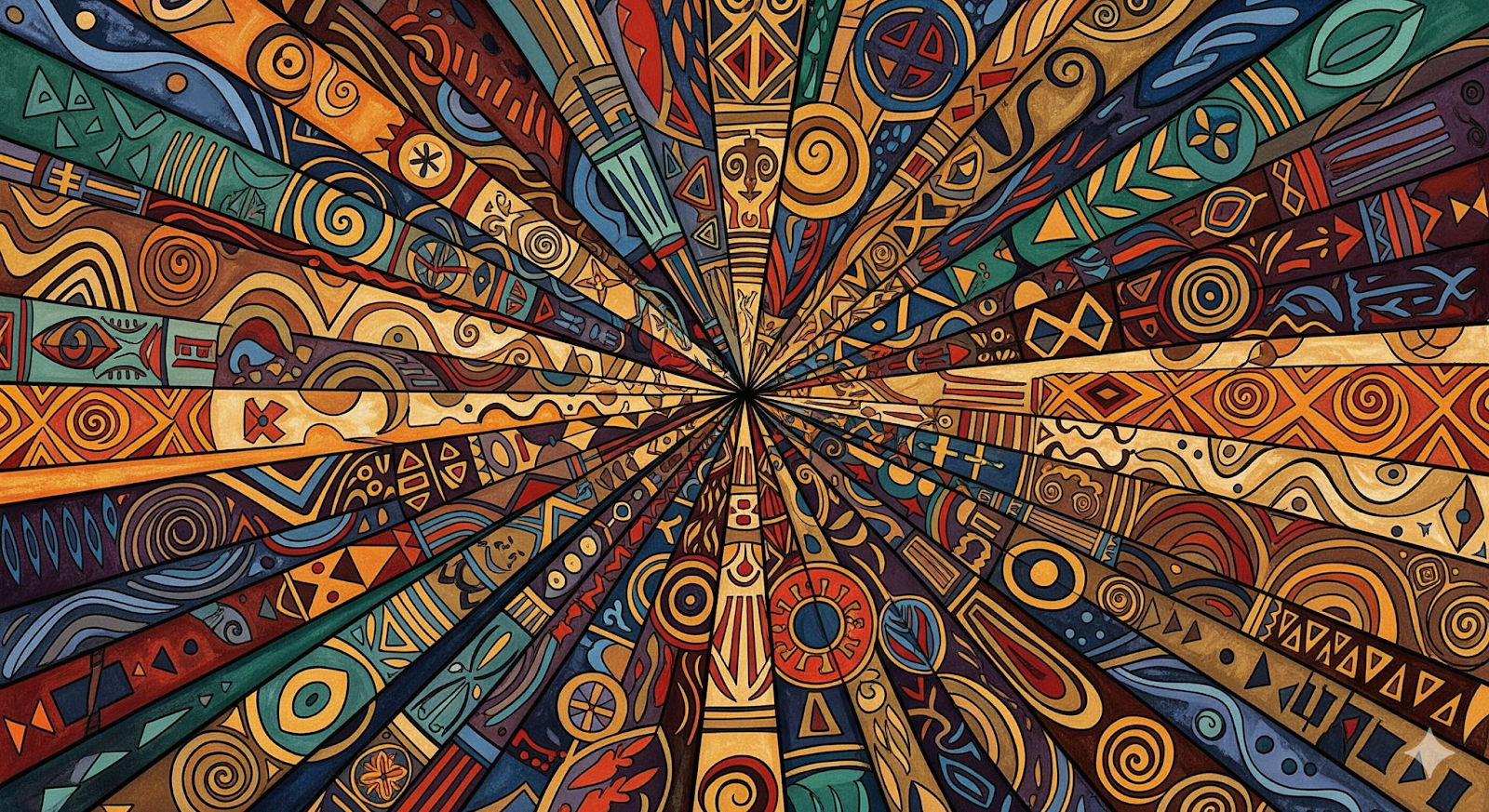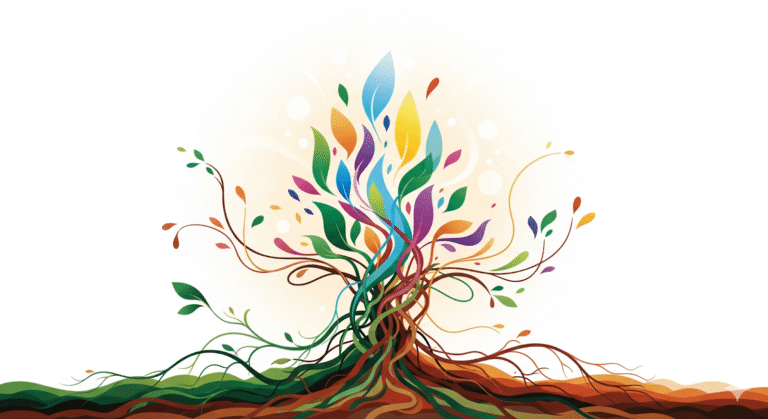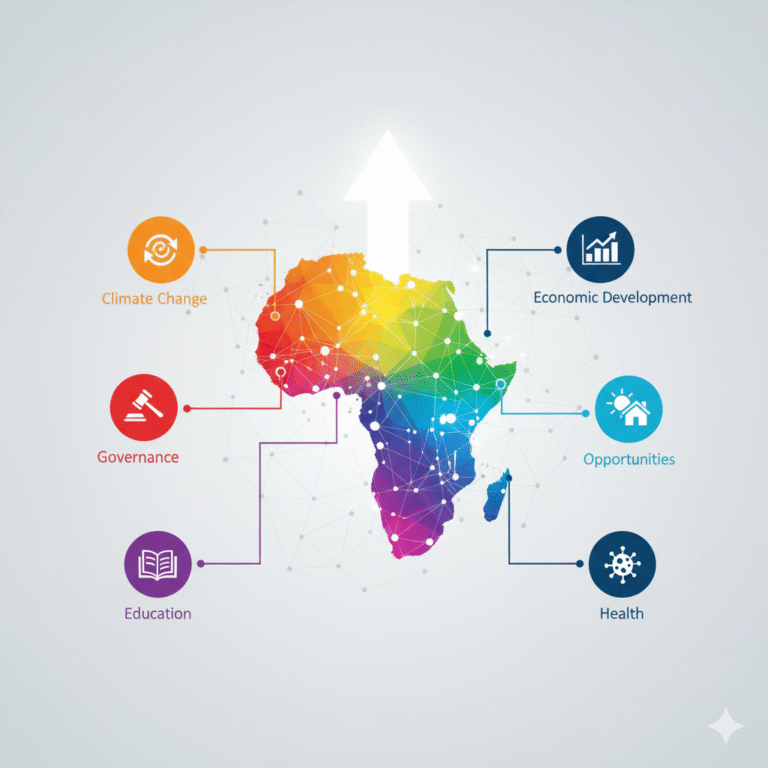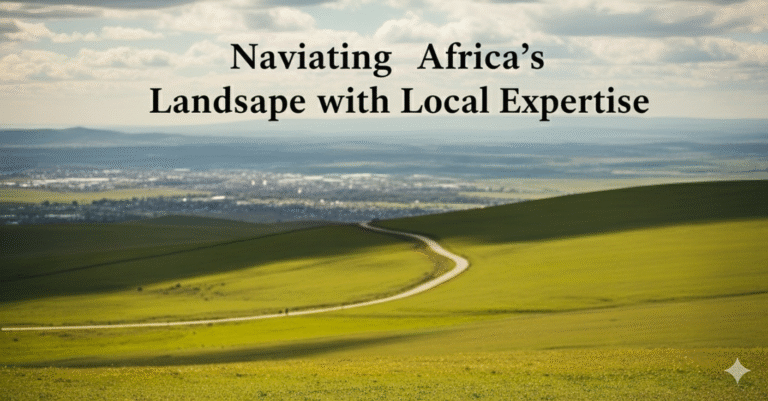For too long, the narrative of Africa’s development has been authored by others. The continent’s rich history, its deep-seated cultural memories, and its indigenous knowledge systems have often been relegated to the realm of anthropology, viewed as relics of a bygone era rather than as dynamic and essential assets for its future. This perspective is not only a disservice to the continent’s heritage but a critical miscalculation in the strategic planning for its sustainable and prosperous future. To recognize and harness Africa’s cultural memory as a form of strategic intelligence that can be used, discarded, and reinvented is to underscore its powerful and underutilized resource for crafting more effective and resilient policies.
At CDT, we recognize that the past is not a weight to be shed, but a wellspring of wisdom to be drawn upon. The intricate social structures, sophisticated governance models, and sustainable environmental practices that defined pre-colonial Africa are not mere historical curiosities. They represent a vast repository of data on what has worked for African societies in African contexts. To ignore this data is to build a future on a foundation of incomplete information. CDT, in Africa’s development journey, champions this new approach, one that moves beyond imposing external models and instead co-creates solutions grounded in the continent’s own enduring truths.
Leveraging African cultural memory is a vital strategy for knowledge production and continuity. Encoded in oral traditions, proverbs, artistic expressions, and social rituals, culture should not be treated merely as a static artifact to be displayed or preserved. Rather, it must be actively lived, adapted, and reinterpreted across generations. This ongoing engagement allows outdated aspects to be shed and space created for new cultural forms to emerge—ones that document evolving intergenerational knowledge and respond to contemporary realities. These dynamic cultural practices hold invaluable insights into:
- Resilience and Adaptation: African societies have a long and documented history of adapting to environmental shocks, political upheavals, and economic transformations. The narratives of these experiences, passed down through generations, offer a crucial understanding of societal resilience that is often absent in modern risk assessments. For instance, traditional agricultural practices, informed by centuries of observation, hold insights into climate-resilient farming that can inform national food security policies.
- Social Cohesion and Governance: Pre-colonial Africa was not a continent of homogenous, stateless societies. It was a landscape of diverse and complex political entities, from vast empires to decentralized federations. The principles of consensus-building, restorative justice, and communal responsibility that underpinned many of these systems are especially potent. The Igbo of Nigeria, for example, operated a highly democratic system of governance without a centralized king, relying on councils of elders and age-grade associations for decision-making and social regulation. These historical models provide a blueprint for decentralized governance that is more attuned to local realities.
- Economic Systems and Entrepreneurship: The historical trade routes that crisscrossed the continent long before European arrival are a testament to Africa’s long history of commerce and entrepreneurship. The social and economic networks that facilitated this trade were built on trust, reciprocity, and an understanding of regional markets. These “traditional” economic principles can inform contemporary efforts to foster intra-African trade and build more inclusive economies.
Case Studies in Applied Cultural Memory
The argument for leveraging cultural memory is substantiated by a growing body of evidence demonstrating its practical application in contemporary policy-making.
1. Conflict Resolution: The Wisdom of the Elders
In post-conflict societies across the continent, from Rwanda to Mozambique, traditional mechanisms of justice and reconciliation are proving to be more effective and sustainable than purely retributive legal systems. The Gacaca courts in Rwanda, which drew on traditional community justice practices, played a crucial role in processing the overwhelming number of cases following the 1994 genocide. While not without its critics, Gacaca demonstrated the power of community-led justice to foster healing and social repair in ways that formal courtrooms often cannot. Similarly, the concept of Ubuntu, a philosophy emphasizing interconnectedness and communal harmony, is increasingly being integrated into peacebuilding and social cohesion programs.
2. Environmental Management: A Legacy of Sustainability
Faced with the escalating challenges of climate change, policymakers are beginning to recognize the value of indigenous environmental knowledge. Traditional farming techniques, such as agroforestry and intercropping, which have been practiced for centuries, are now being promoted as key to building climate-resilient agricultural systems. In Ghana, the sacred groves, protected for generations through traditional beliefs and taboos, serve as vital reservoirs of biodiversity. These community-led conservation efforts, rooted in cultural memory, are often more effective and less costly than top-down conservation projects.
3. Economic Empowerment: Reclaiming Indigenous Enterprise
The informal sector, which dominates many African economies, is often viewed as a chaotic and unregulated space. However, when viewed through the lens of cultural memory, it can be understood as a modern iteration of long-standing African economic practices. The rotating savings and credit associations (ROSCAs), known by various local names across the continent, are a prime example. These self-help financial institutions, built on social trust, provide access to capital for millions of people who are excluded from the formal banking sector. Policy that recognizes and supports these indigenous financial models can be a powerful tool for economic empowerment.
A Call for an Agency-Driven Approach
To effectively integrate cultural memory into strategic policy, a fundamental shift in mindset and methodology is required. This is not about romanticizing the past or rejecting modernity. It is about a pragmatic and evidence-based approach that recognizes the value of all available knowledge. This requires:
- Investing in Research and Documentation: There is an urgent need to systematically document and analyze Africa’s vast repository of indigenous knowledge. This should be an African-led endeavor, empowering local researchers and institutions to take ownership of their heritage.
- Integrating Indigenous Knowledge into Education: Curricula at all levels of education should be reformed to include African history, philosophies, and indigenous knowledge systems. This is essential for building a new generation of policymakers and leaders who are grounded in their own cultural context.
- Creating Platforms for Intergenerational Dialogue: Policymakers must create meaningful opportunities to engage with elders and traditional leaders, who are the custodians of cultural memory. Their wisdom and experience are invaluable assets that are too often ignored.
- Adopting a “Both/And” Approach: The goal is not to replace modern science and governance with traditional practices, but to integrate the two. This “both/and” approach allows for the creation of hybrid solutions that are both technologically sound and culturally relevant.
CDT and its partners are at a critical juncture. To continue to rely on a one-size-fits-all approach to development in Africa is to perpetuate a cycle of dependency and missed opportunities. By embracing cultural memory as a form of strategic intelligence and championing an empowered African agency, we can help unlock the continent’s full potential. The key to Africa’s future lies not in forgetting its past, but in remembering it, understanding it, and harnessing its enduring power. The wisdom is there; it is time to listen.







